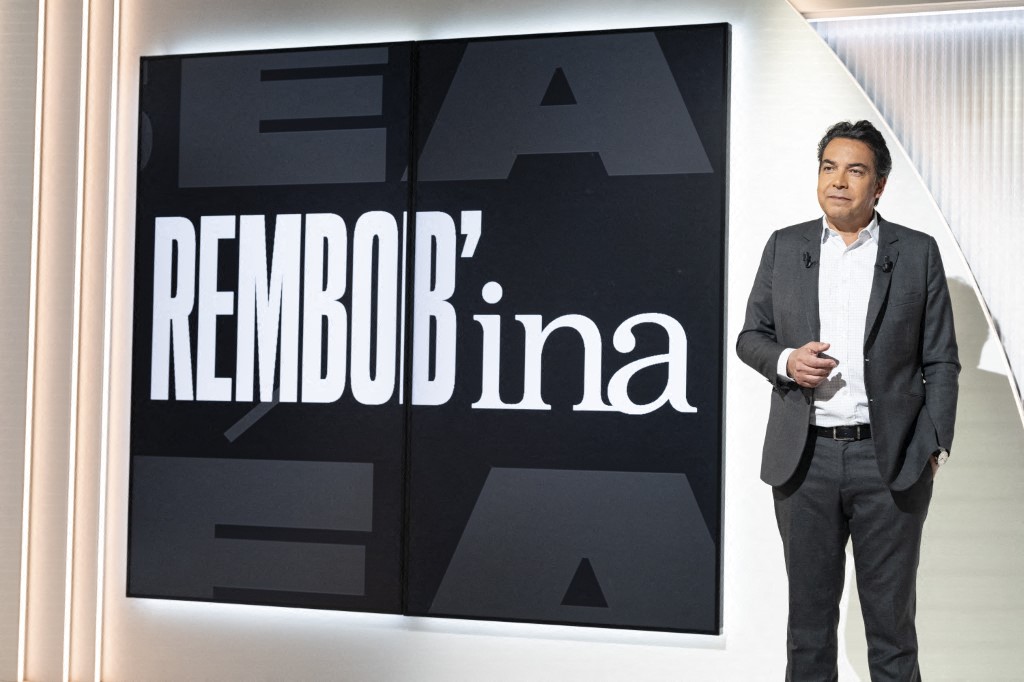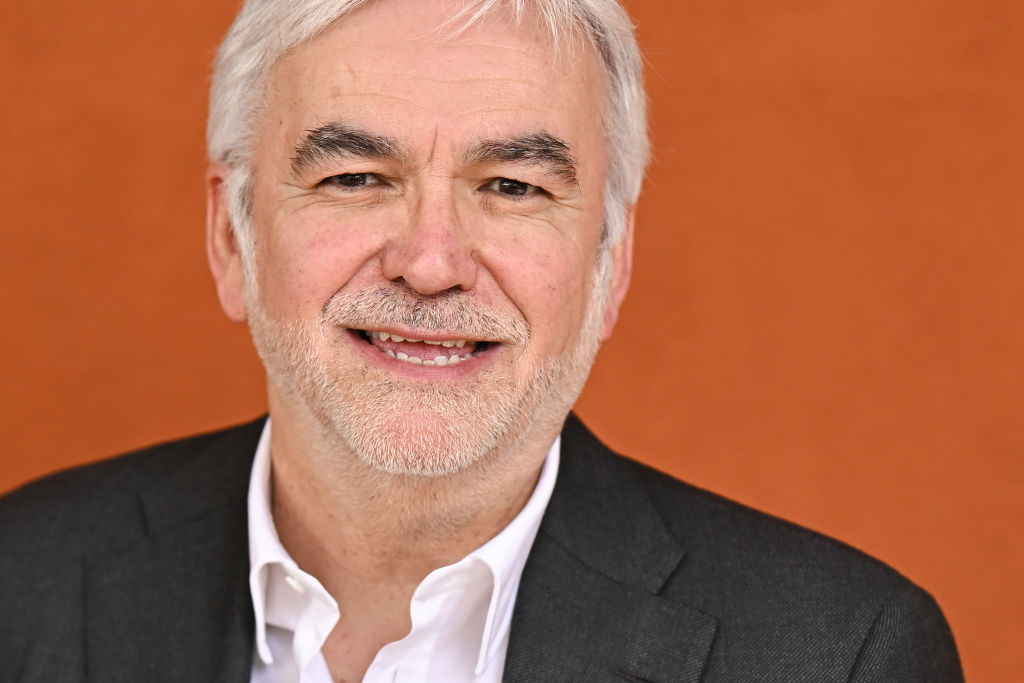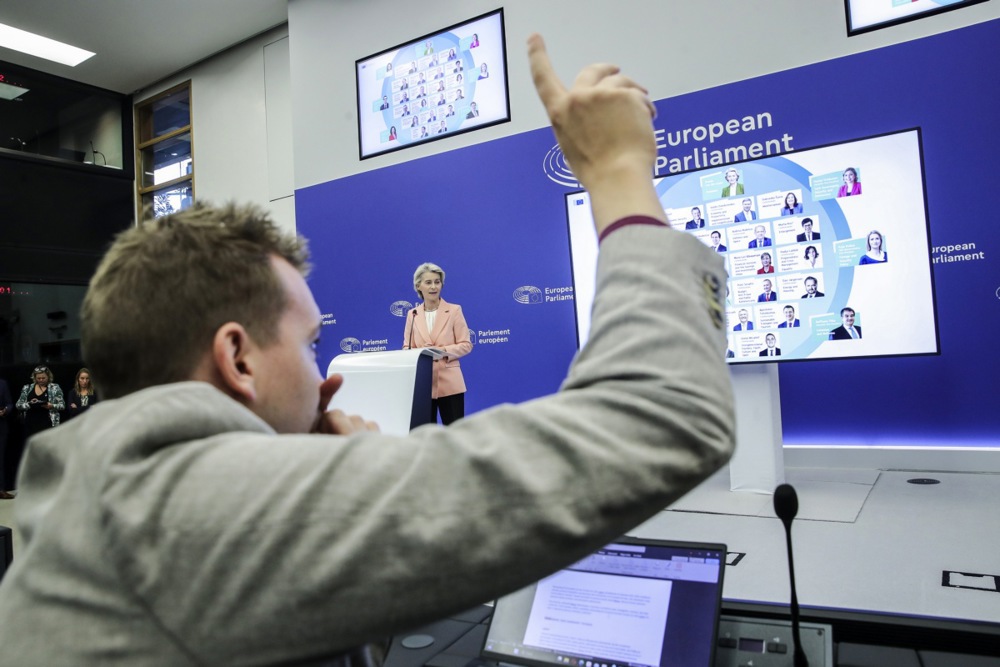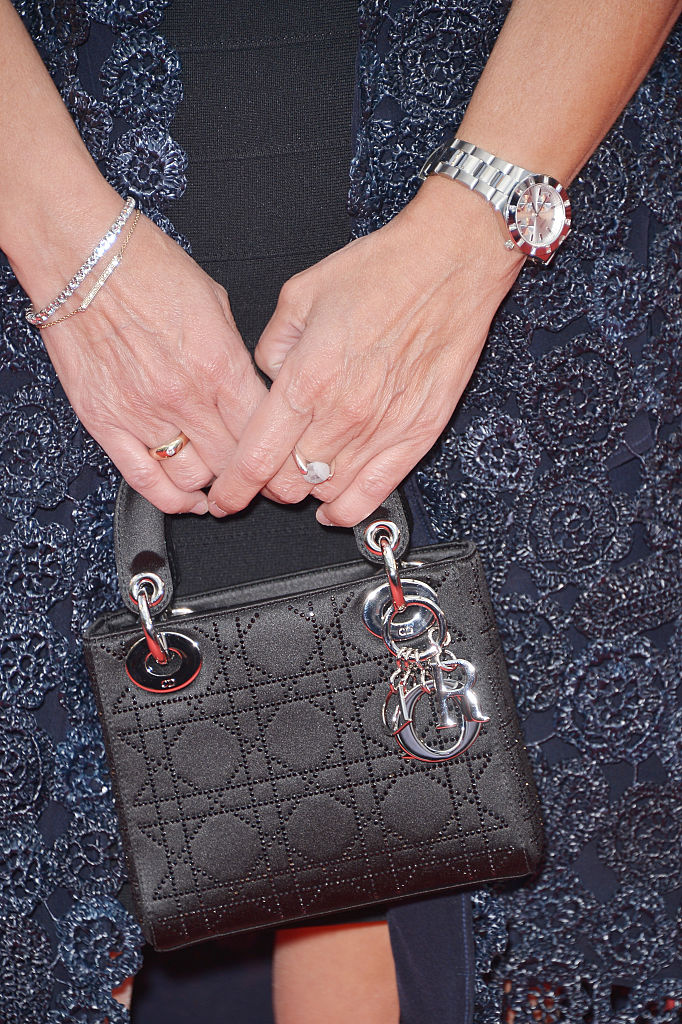French journalist Thomas Legrand, a public broadcaster accused of being too close to the Socialist Party, is facing new controversy after revelations that his wife’s media company receives generous funding from Socialist-led institutions.
The recordings of apparent collusion published by Conservative magazine L’Incorrect caused an uproar in France, with many on the Right questioning the presumed neutrality of journalists and public broadcasting.
This led people to examine Legrand’s financial ties and they discovered that Transonore — the media company founded by his wife, Laure Watrin — receives significant funds from regions governed by Socialists.
Legrand also is a member of the company’s editorial staff.
Brussels Signal reached out to Transonore but did not receive a reply.
Transonore describes itself on its website as a local and solution-based media firm that informs residents of working-class neighbourhoods about the places, initiatives and professions of the ecological and solidarity transition in their area.
Its partners and sponsors are mainly government institutions, local governments and inter-municipal co-operations and NGO’s in and around Paris, most of them with strong ties to the Socialist Party, raising questions about the use of taxpayer money.
Subsidies of thousands of euros went to, for example, “radio reporting and ecological transition workshops with vulnerable people who are learning French”, according to French media.
Transonore‘s campaign and reporting on zero waste received an annual €40,000 from benevolent authorities.
The department of Seine-Saint-Denis gave a grant of €16,000 for 2024-2025 while the city of Pré Saint-Gervais, gave €3,500. Both are managed by Socialist mayors.
Laurent Baron, the mayor of Pré Saint-Gervais, described the accusations against Legrand earlier in September as attacks from “right-winged and fascistic spheres as a result of a video that came from extreme-right media” that were aimed at “discrediting an entire profession”.
On the Right, there were many negative reactions regarding the use of taxpayer money.
Samuel Lafont, director of communications of Éric Zemmour’s Reconquête! Party said: “They stuff themselves with your money,” fuelling accusations of favouritism and collusion.
French economist Philippe Herlin referred to, “The Socialist mafia”.
🔴🇫🇷 Affaire Legrand/Cohen (màj)
L'association de l'épouse du journaliste Thomas Legrand touche près de 40 000 € de subventions annuelles directement accordées par des élus/majorités PS.
L’association TRANSONORE, dirigée par Laure Watrin, a reçu des subventions votées par des… pic.twitter.com/QTqYZLytSG
— Gabriel de Varenne (@G_deVarenne) September 21, 2025
Earlier in September, secret film recordings showed that Socialist Party executives held discussions with Legrand and a colleague regarding strategy for the 2027 national election and the municipal elections of 2026.
They apparently featured Pierre Jouvet MEP and Secretary General of the Socialist Party, Luc Broussy, President of the party’s National Council, and journalists Thomas Legrand (France Inter and Libération) and Patrick Cohen (France Inter and France 5).
In the recordings, strategies were discussed to position MEP Raphaël Glucksmann, currently polling at 10 per cent, as the leading Socialist candidate in the 2027 election and to prevent the centre-right Rachida Dati, currently Minister of Culture, from becoming mayor of Paris in the 2026 ballot.
Ten days after the initial video, L’Incorrect magazine published a second video, again showing the journalists’ intention to push political content on the public airwaves.
It featured a conversation on the idea of propelling Laurent Berger, a trade unionist, to the post of Prime Minister. Jouvet said all progressives backed him as a possible candidate.
Legrand is recorded saying: “We invite him to the morning show so that he gets the hang of it a little … and he sells us his Crédit Mutuel [the co-operative bank where he works]”.
The four men laugh and Legrand continues: “Bloody hell, he’s leaving, we tell him: Do you know how much advertising costs … a minute of advertising on France Inter? We should charge you! You’ve got to be kidding me!'”
Faced with the first revelation at the beginning of September, the two journalists Cohen and Legrand have decided to file a complaint against X and L’Incorrect.
Cohen accused L’Incorrect of having truncated the video.
Arcom, the French media regulator, said on September 18 it had launched an investigation into the impartiality of public broadcasting.
It also announced the establishment of an independent study on the public’s perception and expectations in this area. It said it plans to review the existing mechanisms and tools within the public broadcasting channels and outlets “aimed at strengthening the independence and impartiality of the public service”.
Earlier in September, L’Incorrect had a court-appointed officer verify that the images of the meeting were “consistent with the statements” it published.
Juliette Briens, director of communication of L’Incorrect, posted on X: “In response to the conspiracy theories put forward by Patrick Cohen and Thomas Legrand, L’Incorrect is publishing the conclusions of the Justice Commissioner, who found that ‘the rushes’ (source files) are consistent with the published comments. The report is available to the courts.”
🚨[COMMUNIQUÉ 1/2]
Face aux accusations complotistes de Patrick Cohen et Thomas Legrand, L’Incorrect publie les conclusions du commissaire de Justice constatant que les « rush » (fichiers sources) sont conformes aux propos publiés.
➡️Et tient le PV à disposition de la Justice pic.twitter.com/4wVQrwVJf5
— Juliette Briens (@JulietteBriens) September 17, 2025





